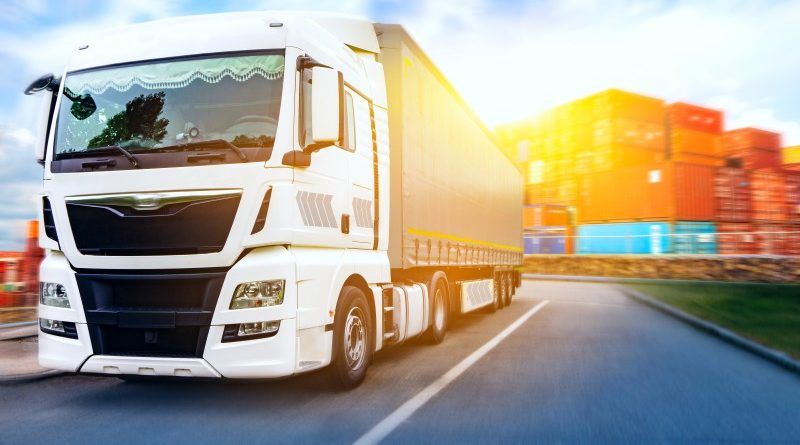Long and heavy trucks play a significant role in the modern transport system, enabling the movement of goods across vast distances and contributing to the economic growth of nations. While they offer numerous benefits, they also bring certain challenges and impacts that need to be carefully considered. Here, we will discuss the positive and negative effects of long and heavy trucks on the transport system.
The Benefits of Long and Heavy Trucks
1. Efficient Freight Transport:
Long and heavy trucks are vital for transporting large quantities of goods efficiently. They can carry more cargo than smaller vehicles, reducing the number of trips needed to transport the same volume of goods. This efficiency can lead to cost savings for businesses and consumers. Visit to know more https://www.shiply.com/de/schwertransport/
2. Economic Growth:
The transport industry, which heavily relies on long and heavy trucks, contributes significantly to a nation’s economic growth. Efficient freight transportation enables businesses to expand their markets and reach customers in distant locations. This, in turn, stimulates economic activity and job creation.
3. Reduced Congestion:
Surprisingly, long and heavy trucks can help reduce traffic congestion. By carrying more cargo in a single trip, they reduce the overall number of vehicles on the road, which can lead to smoother traffic flow and less congestion during peak hours.
4. Enhanced Connectivity:
Long-haul trucking facilitates connectivity between remote regions and urban centers, helping to distribute goods to areas that might otherwise be underserved. This ensures a more equitable distribution of resources and promotes economic development in less-developed areas.
The Challenges and Negative Impacts
1. Infrastructure Strain:
Long and heavy trucks exert more pressure on road infrastructure than smaller vehicles, leading to increased wear and tear. This results in higher maintenance costs for roads, which can strain a nation’s infrastructure budget.
2. Safety Concerns:
Long trucks pose safety challenges due to their increased size and weight. They require more time and distance to stop, which can lead to accidents if not operated cautiously. Additionally, the length and weight can make them less maneuverable, especially in urban areas.
3. Environmental Impact:
Long and heavy trucks are typically less fuel-efficient than smaller vehicles, leading to higher emissions of greenhouse gases. The transportation industry’s reliance on these trucks contributes to air pollution and climate change. Finding ways to improve the environmental footprint of long-haul trucks is essential for sustainable transport systems.
4. Congestion During Loading and Unloading:
While long and heavy trucks can reduce traffic congestion on highways, they can exacerbate congestion in urban areas during loading and unloading processes. Finding efficient ways to manage this congestion is crucial to maintaining urban mobility.
5. Road Safety:
Long and heavy trucks can pose a hazard to other road users, especially in adverse weather conditions. The risk of accidents involving these vehicles is higher, and efforts to improve safety measures are essential to mitigate this impact.
Conclusion:
Long and heavy trucks are an integral part of the modern transport system, offering significant advantages in terms of efficiency, economic growth, and connectivity. However, they also present challenges, such as increased infrastructure strain, safety concerns, environmental impact, and congestion. To harness the benefits of long and heavy trucks while mitigating their negative impacts, it is essential for policymakers, transportation companies, and researchers to collaborate in finding innovative solutions that ensure a sustainable and balanced transport system. This might include investing in road infrastructure, promoting safety measures, and developing greener technologies to minimize the environmental footprint of heavy freight transportation.






